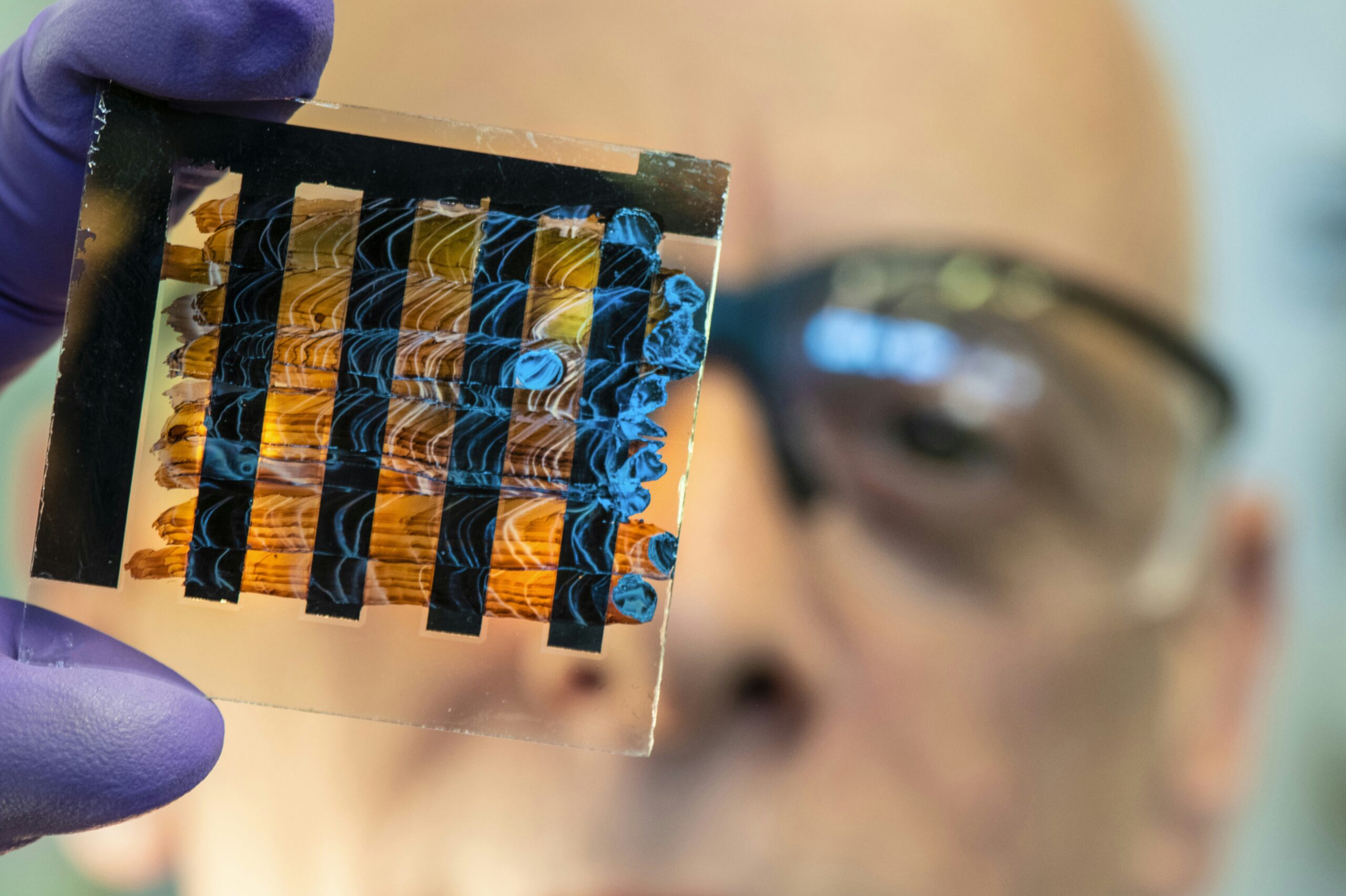
PHILADELPHIA – A groundbreaking preclinical study has revealed that CAR T cell therapy, a personalized immunotherapy traditionally used in cancer treatment, may offer a promising new approach to tackling atherosclerosis. This condition, characterized by plaque buildup in the arteries, significantly impairs blood flow and is a leading cause of heart attacks and strokes. The research, conducted by scientists at the Perelman School of Medicine at the University of Pennsylvania, demonstrated that experimental CAR T cells effectively blocked arterial inflammation in mice, preventing more than two-thirds of the plaque accumulation observed in untreated controls. The findings were published today in the journal Circulation.
“Our study shows for the first time how CAR T cell technology could be used to treat the underlying cause of the most common form of heart disease, which is the leading cause of death worldwide,” stated senior author Avery Posey, PhD, an assistant professor of Pharmacology. “This preclinical finding represents an important step forward for continuing to expand the impact of CAR T cell therapy to common diseases beyond cancer.”
Building on Anti-inflammatory Research for Heart Disease
Atherosclerosis is a major contributor to ischemic heart disease and stroke, which together claim tens of millions of lives globally each year. Current treatments primarily focus on reducing low-density lipoprotein (LDL) cholesterol levels, which contribute to plaque formation, and promoting lifestyle changes to mitigate disease risk. Despite the inflammatory nature of atherosclerosis, no approved treatments specifically target atherosclerotic inflammation, and previous clinical trials of anti-inflammatory drugs have been largely unsuccessful.
“The idea that therapy targeted to inflammation within the arterial wall can reduce the risk of atherosclerotic cardiovascular disease is compelling,” noted co-author Daniel J. Rader, MD, an expert on lipids and atherosclerosis and chair of the Department of Genetics. “The use of a CAR T approach to target the proinflammatory molecule oxLDL could provide an important complementary treatment approach to reducing the high residual risk of atherosclerotic cardiovascular disease in patients on effective cholesterol-lowering therapy.”
Researchers do not expect CAR T cell therapy, if successful in clinical trials, to replace existing treatments when they are effective for patients. Instead, it could serve as an additional tool for patients requiring alternative or supplementary treatment options.
A CAR T to Suppress, Rather Than Ignite, the Immune System
CAR T cell therapy has revolutionized the treatment of blood cancers by engineering a patient’s own T cells to recognize and attack cancer cells. Scientists are now exploring the potential of this technology to address other diseases, including autoimmune conditions and cardiac fibrosis, another form of heart disease. In this study, researchers utilized regulatory T cells (Tregs), which were the subject of the 2025 Nobel Prize in Physiology or Medicine. Unlike conventional T cells, Tregs suppress the activity of nearby immune cells.
The team engineered a CAR Treg to target oxidized LDL (OxLDL), a key pro-inflammatory molecule driving plaque buildup in atherosclerosis. “OxLDL is a pro-inflammatory molecule, and that inflammation is what starts atherosclerosis,” explained lead author Robert Schwab, MD, an instructor of Hematology-Oncology. “The idea was, if we can get the immune system to see OxLDL and provoke an anti-inflammatory response, it would reduce inflammation and essentially stop the pathogenesis in its tracks.”
70 Percent Less Arterial Plaque
Initial lab tests with human cells confirmed that anti-OxLDL CAR Tregs significantly reduced inflammation in response to OxLDL, curbing the buildup of cells central to atherosclerotic plaques. The team then created a mouse version of the anti-OxLDL CAR-Treg and tested it in mice genetically predisposed to high cholesterol and atherosclerosis.
After about twelve weeks of treatment, the treated mice’s hearts and aortas showed a roughly 70 percent lower atherosclerotic plaque burden compared to control mice—indicating a clear preventive effect of the CAR-Tregs.
Despite this significant reduction in plaque, the treated mice maintained normal immune function. To further develop the OxLDL CAR Tregs for human clinical trials, the researchers and the University of Pennsylvania have established a spinout company, Cartio Therapeutics.
The Cardio-Oncology Connection
Both Posey and Schwab trained under CAR T cell therapy pioneer Carl June, MD, the Richard W. Vague Professor in Immunotherapy, who spearheaded the development of the first FDA-approved CAR T cell therapy in 2017. Posey has continued his independent CAR T research at Penn’s Center for Cellular Immunotherapies, directed by June, while Schwab completed his medical training as an oncologist at the university.
“Cancer, inflammation, and heart disease go hand-in-hand,” Schwab remarked. “It’s a real shame to see a patient cured of cancer die from a heart attack a year or two later.”
For many cancer survivors, heart disease poses the greatest health risk, partly due to the side effects of cancer treatments and partly because cancer itself can create an inflammatory environment conducive to diseases like atherosclerosis.
“We’re inspired by the potential that this technology developed for cancer could have to help so many people, cancer survivors included,” Posey added.
The study received funding from the Hematology Research Training Program (T32HL007439), the American Society of Hematology Research Training Award for Fellows, and the Department of Veteran’s Affairs (IK2BX004183, I01BX006247).





